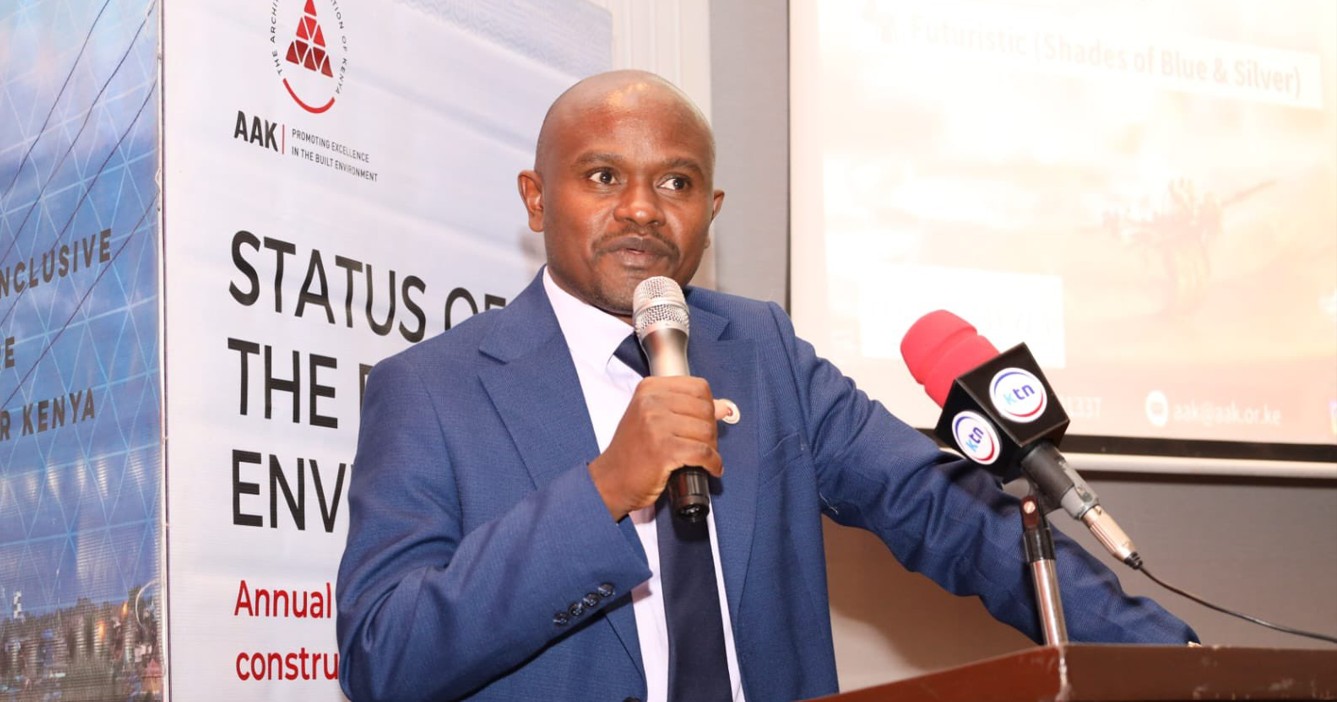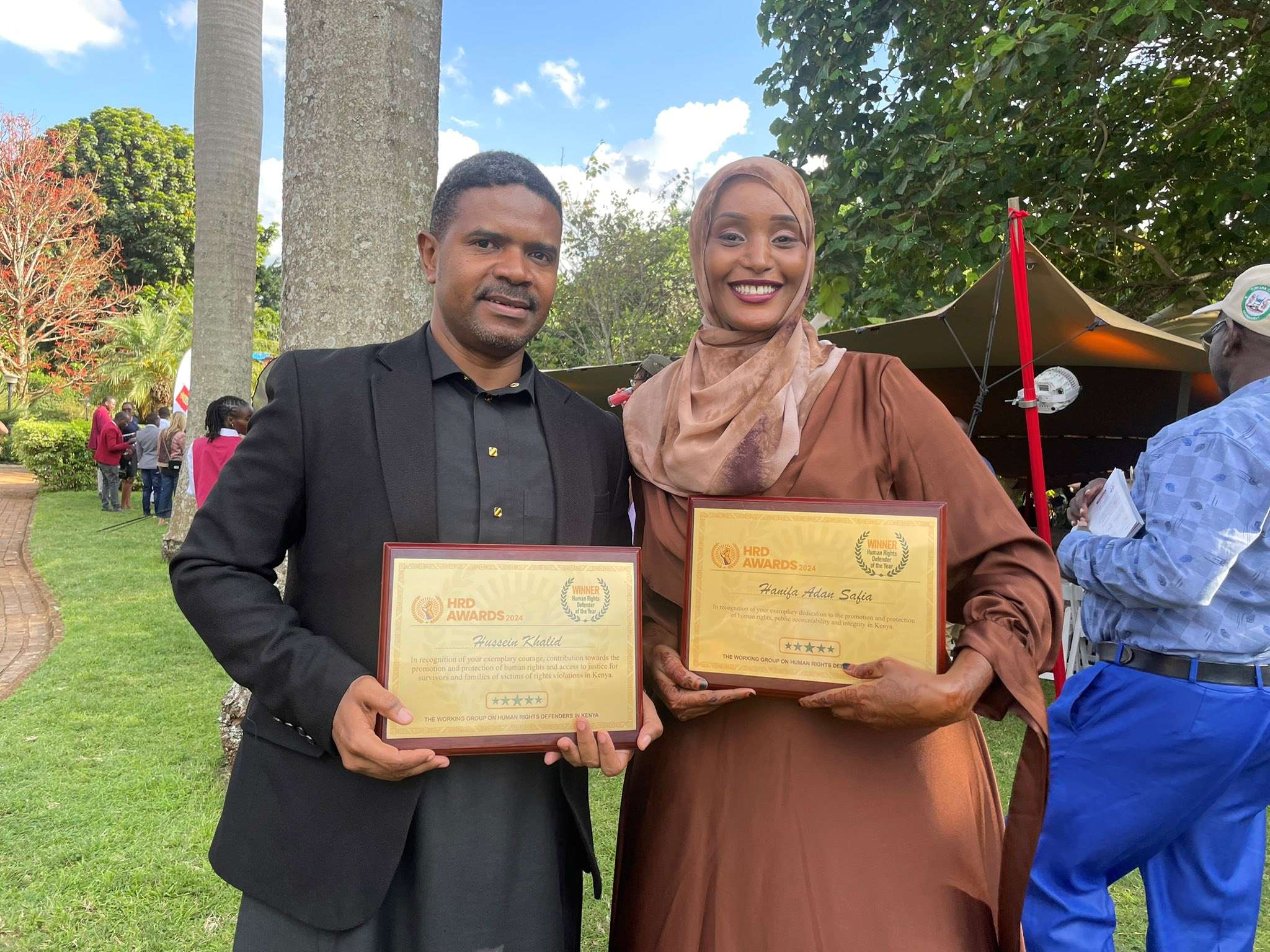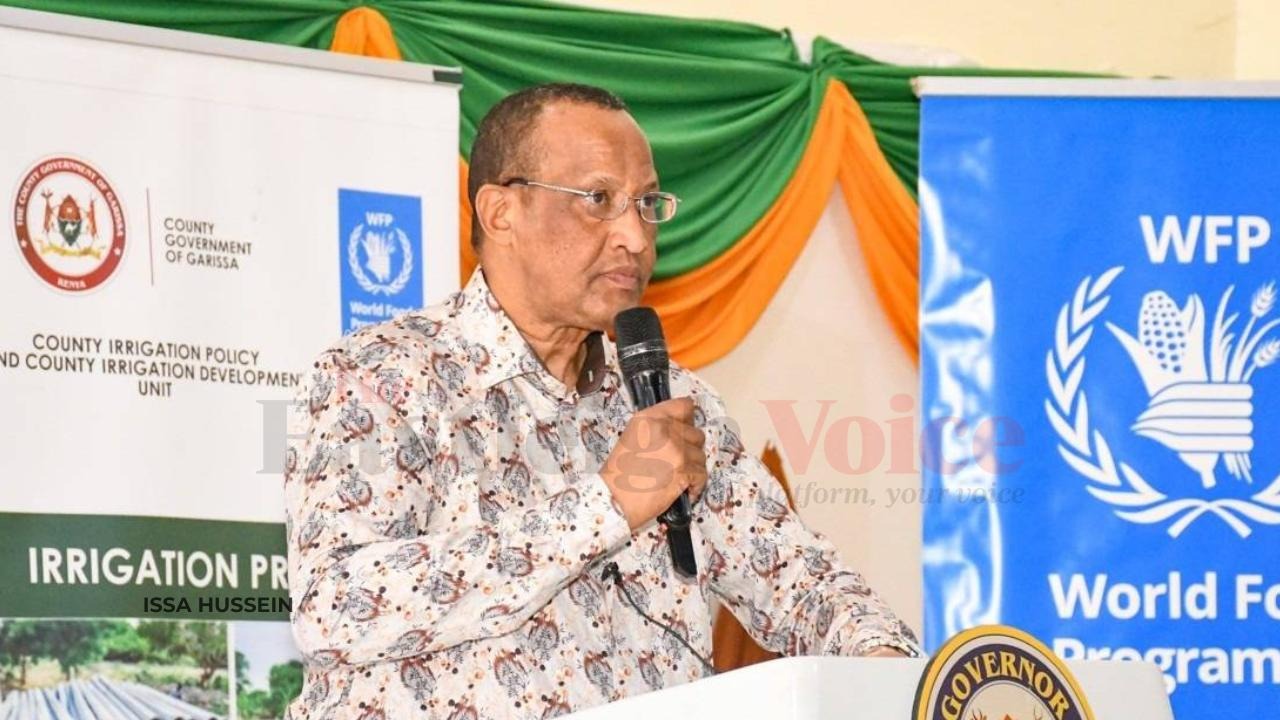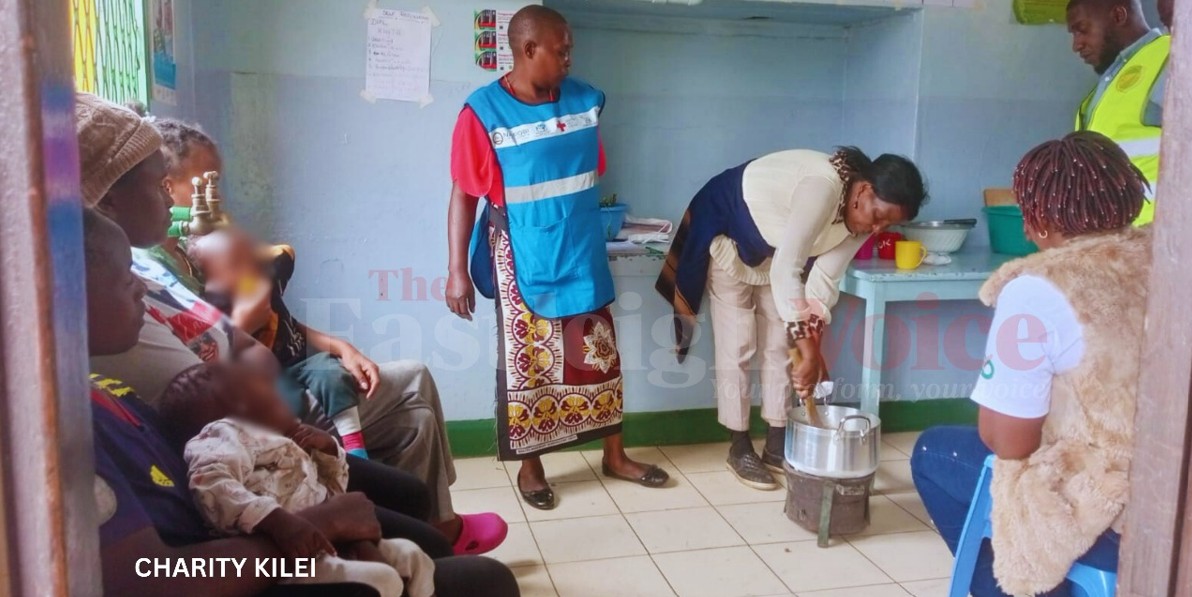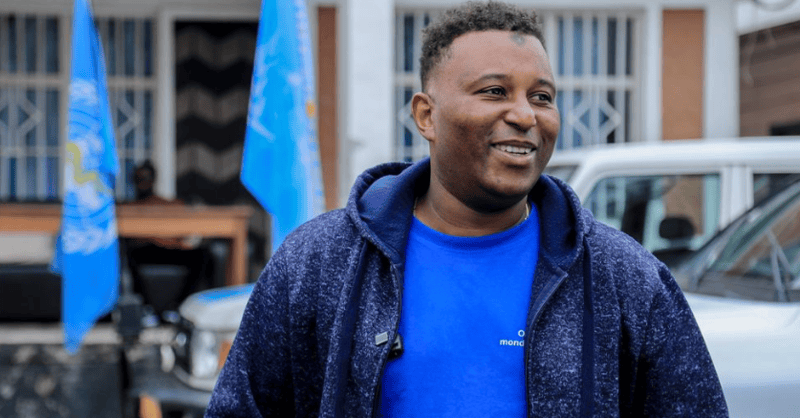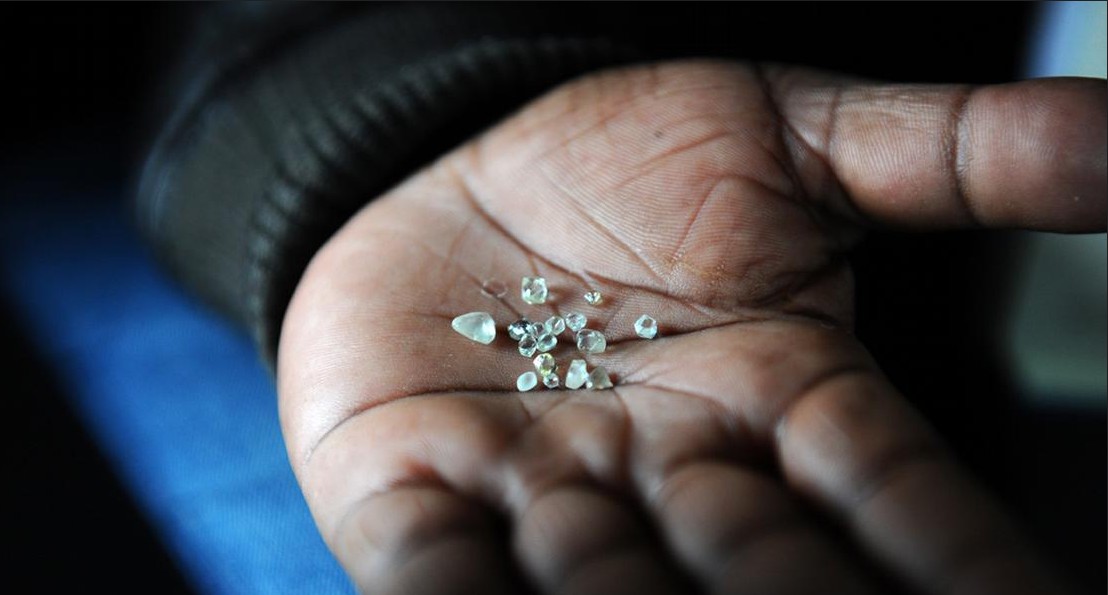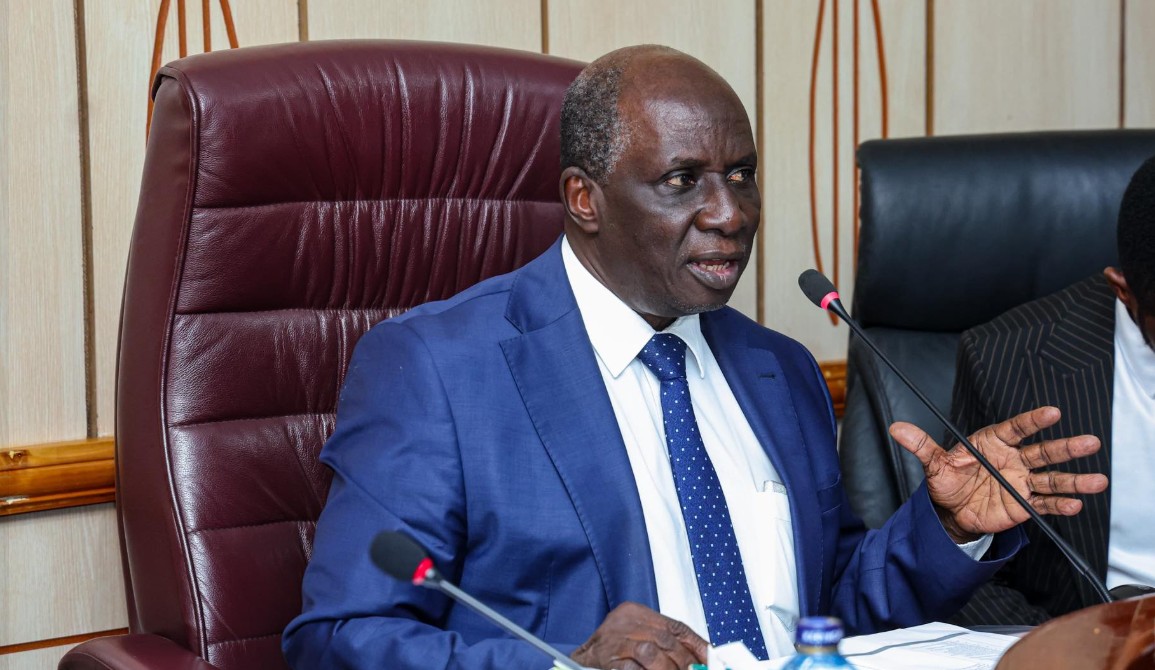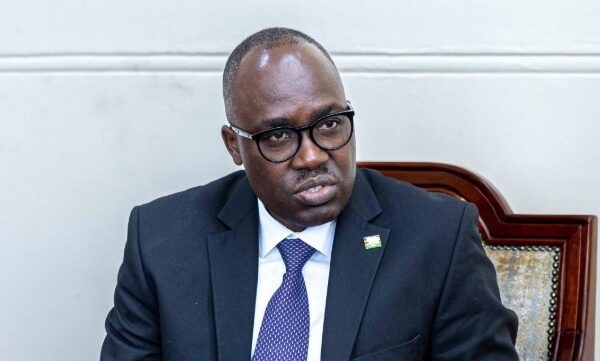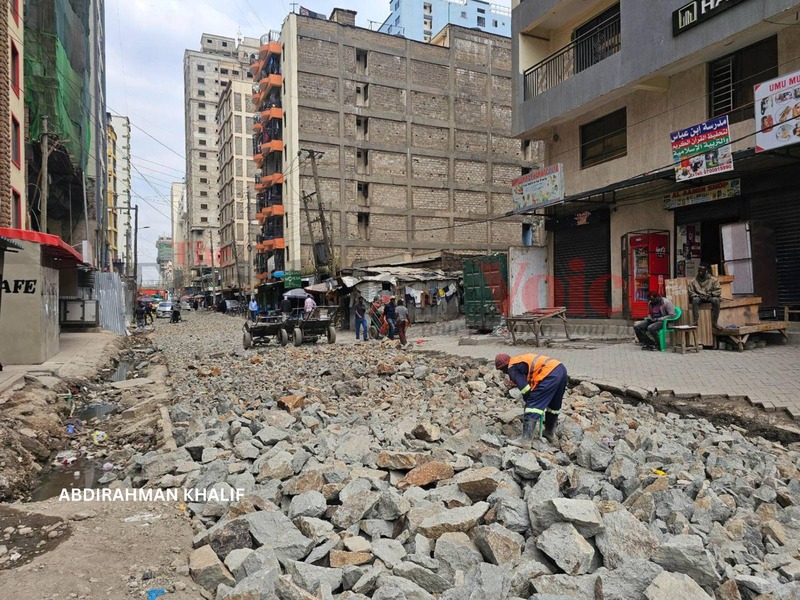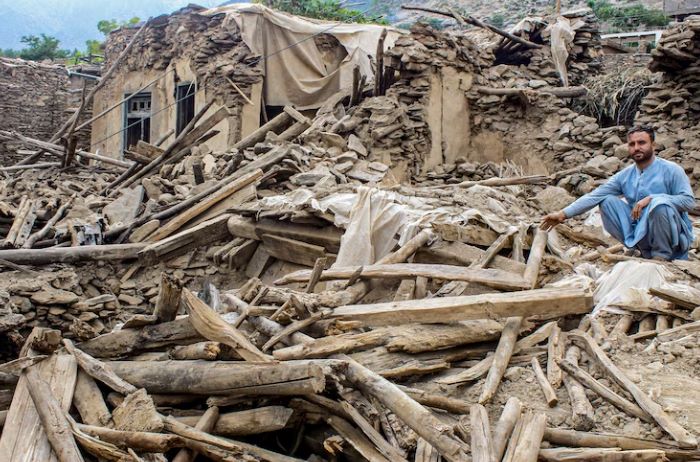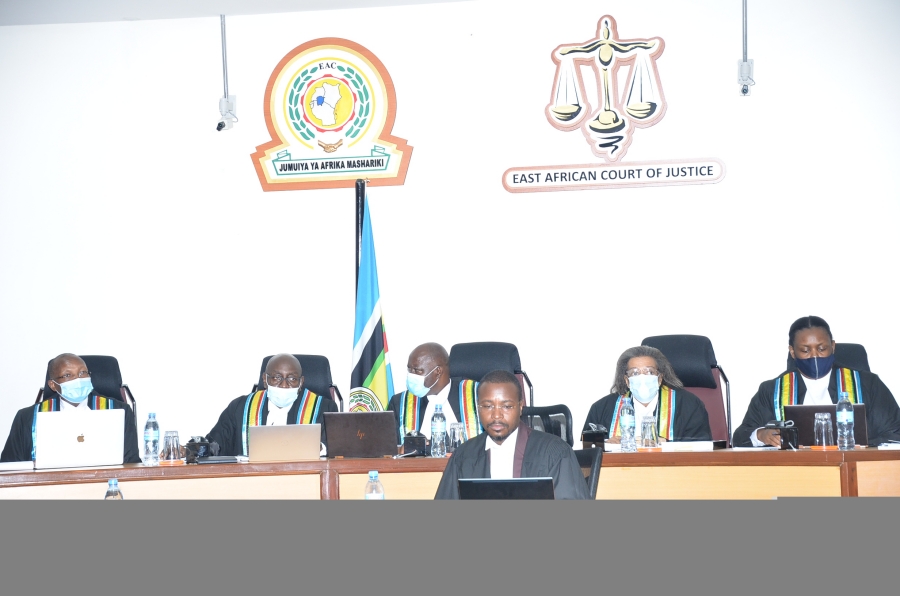Google announces first-ever fibre optic route connecting Kenya to Australia
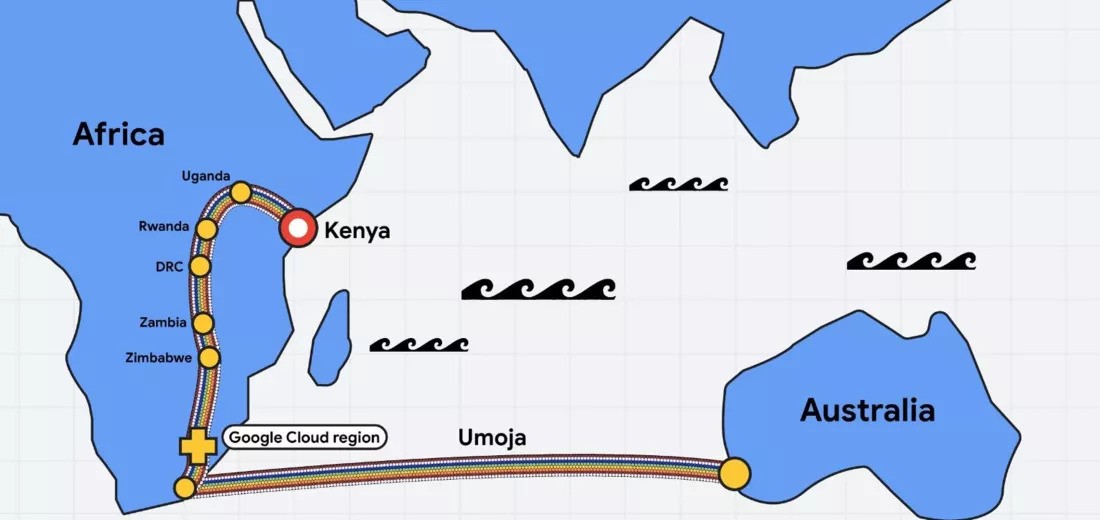
Known as the ‘Umoja cable route’, it will originate in Kenya and traverse to Uganda, Rwanda, the Democratic Republic of Congo, Zambia, Zimbabwe, and South Africa, before crossing the Indian Ocean to Australia.
Google has announced the construction of the first-ever fibre optic route connecting Africa with Australia, to expand its substantial presence.
Known as the ‘Umoja cable route’, it will originate in Kenya and traverse to Uganda, Rwanda, the Democratic Republic of Congo, Zambia, Zimbabwe, and South Africa, before crossing the Indian Ocean to Australia.
More To Read
- Google must share search data with competitors, judge rules
- Google’s 'Nano Banana' breaks ground in AI creativity
- Google says developers distributing Android Apps outside Play Store must verify identity
- Google debuts first-ever magnetic wireless charging line
- How hype and Western narratives shape AI reporting in Africa, and what must change
- Gemini gives Google Docs a voice with new ‘audio’ feature
Google has partnered with Liquid Intelligent Technologies to ensure a scalable and accessible route across the continent, facilitating more reliable connectivity among African nations and the rest of the world.
Chairman and founder of Liquid Intelligent Technologies Strive Masiyiwa said major cities will become key hubs on a data superhighway which will be able to accommodate much higher traffic volumes.
“Africa's major cities including Nairobi, Kampala, Kigali, Lubumbashi, Lusaka, and Harare will no longer be hard-to-reach endpoints remote from the coastal landing sites that connect Africa to the world. They are now stations on a data superhighway that can carry thousands of times more traffic than currently reaches here,” Masiyiwa said.
According to Google, the terrestrial segment of the project is complete but the challenge lies in laying the cable across the Indian Ocean to Perth, Australia.
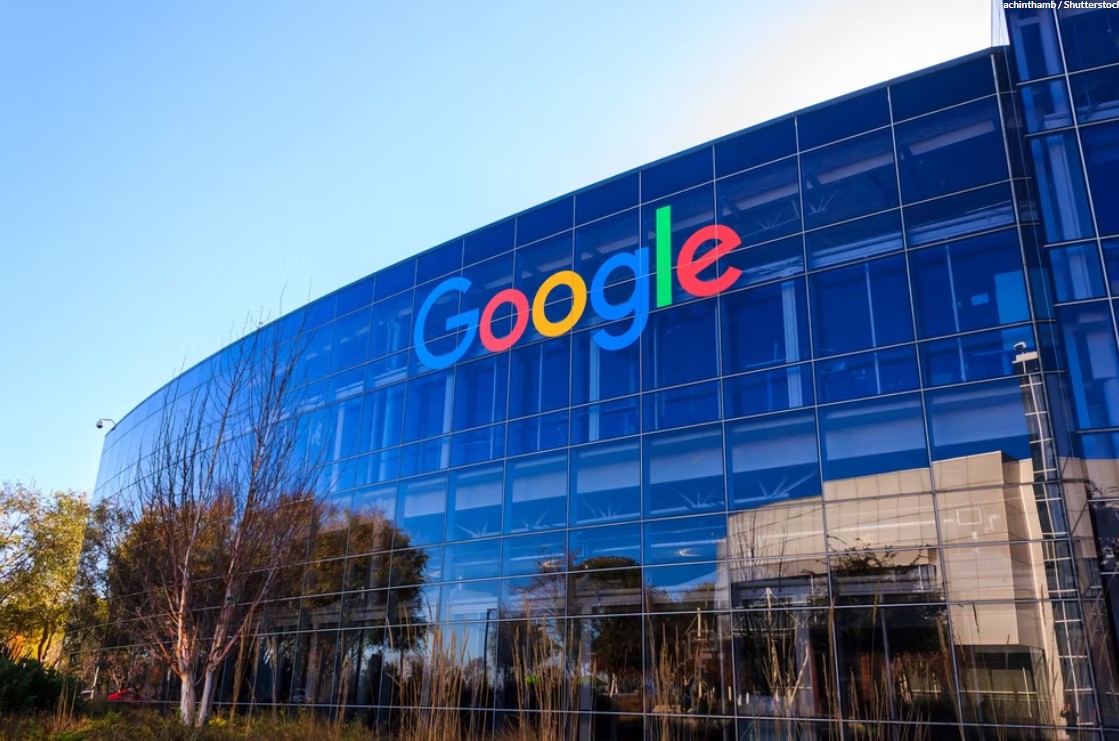 The Google Headquarters, Mountain View, California. (Photo: Achinthamb/Shutterstock)
The Google Headquarters, Mountain View, California. (Photo: Achinthamb/Shutterstock)
It noted that due to the complexity of this phase, a completion timeline has not yet been confirmed.
In addition to the cable project, Google plans to work with the government on cybersecurity, data-driven innovation, digital skills training, and the application of Artificial Intelligence (AI) for societal benefits.
The Department of Immigration and Citizen Services is also evaluating Google's CyberShield solution for its eCitizen platform.
Google already has a significant presence in Africa, but this new undersea cable will extend its influence on the continent, particularly in Kenya where engineers will anchor the cable.
Alphabet has invested significantly in improving connectivity infrastructure worldwide to broaden its footprint. Emerging markets hold great potential. Google estimates that in Africa alone, 300 million people will come online over the next five years.
Google's expansion in Africa began in 2007 with the opening of its first Sub-Saharan office in Nairobi. The company has since partnered with various African governments on numerous digital initiatives.
In 2021, Google pledged $1 billion over five years to enhance connectivity and support startups in Africa. To date, it has invested over $900 million and expects to meet its commitment by 2026.
This latest project follows Google's other significant investments in cabling, such as the Equiano subsea cable announced in 2019, which connects Portugal and South Africa and extends connectivity along the West Coast of Africa. Equiano was Google's third private international cable, after Dunant and Curie, and its 14th subsea cable investment.
Top Stories Today

